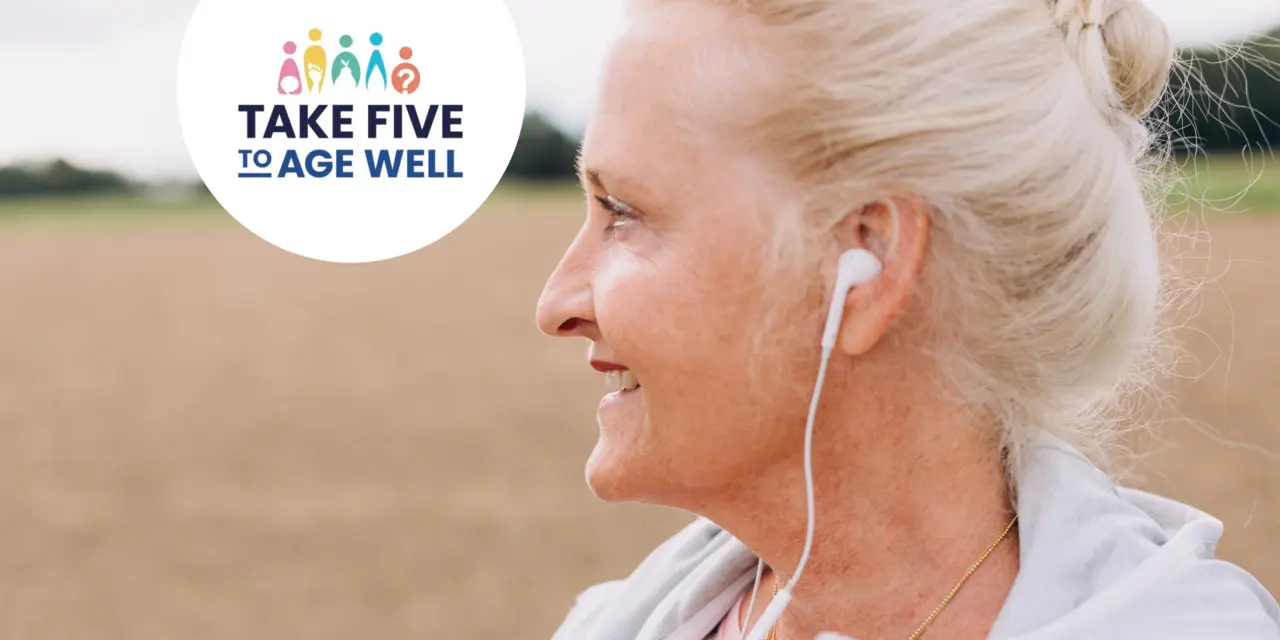Ageism and the stories we tell ourselves

As part of our Research Café series, Age Scotland's Health and Wellbeing team took a closer look at the topic of ageism, and how it can affect how well we age.
Ageism is a complicated and broad topic that affects all of us to some degree. Unfortunately, ageism is a form of discrimination that is often seen as 'normal' or socially acceptable. Just think, for example, of the negative and stereotypical greeting cards you see, or jokes you hear, about getting older. While people are often very aware of the range of characteristics protected under The Equality Act (2010), the fact that age is one of them is often forgotten or overlooked.
So, what does research say on this topic?
The words and stories we hear, the pictures we see, the films we watch all matter when it comes to the continuing discrimination that people face because of their age. This doesn't just apply to getting older. Rather, we hear lots of stereotypes and prejudices about young people being 'lazy' or 'entitled’. We can challenge different ageist stereotypes by focusing on how everyone’s experience of life – and of ageing – is different. Older people are not all the same! For resources on how to talk (and think) about getting older, you can find some helpful guides and examples on Age Without Limit’s website.
The impact of ageism on our health is negative, and significant. The Centre for Ageing Better’s report (2020) Doddery but Dear? highlights age-based stereotypes that are common in both work and health and social care settings. Relying on stereotypes of decline, weakness, and frailty can lead to assumptions and judgements being made about an older person, with less access to opportunities, support, and resources as a result.
The stories that we tell ourselves have a surprisingly big impact on our capacity to age well. The research tells us that having self-limiting beliefs, such as, ‘I can't too that because I'm older’, or ‘I am too old for that’, can become a damaging self-fulfilling prophecy. A study from Yale University showed that older individuals with more positive self-perceptions of ageing lived 7.5 years longer than those with less positive self-perceptions of ageing, even after taking into account age, gender, socioeconomic status, loneliness, and functional health. Experiencing ageism is also becoming more recognised as a risk factor for high stress levels, anxiety, depression and, in some cases, brain function.
Intergenerational attitudes matter. The research tells us that intergenerational relationships can help share knowledge and break down barriers and assumptions that might exist between generations. If you are interested in finding out more about working intergenerationally, look at the work of Generations Working Together.
The Age Without Limits campaign calls for society’s attitudes towards ageing to change. In common with Age Scotland, they want us all to see growing older as “something to be celebrated and embraced instead of feared”. How can you celebrate getting older today?
Find out more about ageing well
If you're taking time to think about how you would like to age and what you can do to support yourself as you get older, look at our free Take Five to Age Well pledge campaign (running in the month of May 2025 for individuals, and until July for groups).
Now might be the time for you to turn your reflections into action! Sign up is open now for both individuals (internet access required), and groups, for whom we have a free paper-based groups pack.


